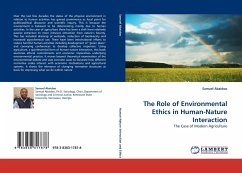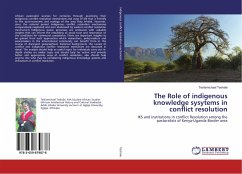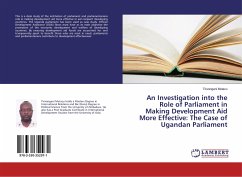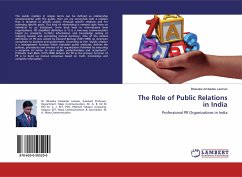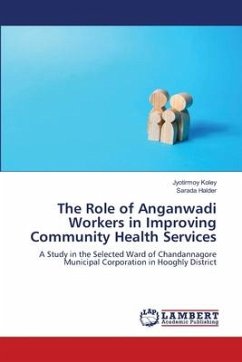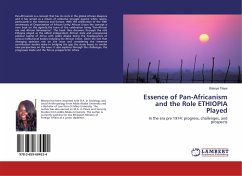Over the last few decades the status of the physical environment in relation to human activities has gained prominence as focal point for public/political discourse and scientific inquiry. This is because the environment is believed to be deteriorating mostly due to human activities. In the case of agriculture there has been a shift from relatively passive extraction to more intrusive extraction from nature s bounty. This has included draining of wetlands, reduction of biodiversity and increased agrochemical use. There have been inter/national efforts to reduce harmful human activities including development of green plans and conveying conferences to develop collective responses. Using agriculture, a quintessential form of human-nature interaction, this book examines ethical commitments and economic imperatives underlying environmental practice. It moves beyond theoretical examination of the environmental debate and uses concrete cases to illustrate how different normative codes interact with economic motivations and agricultural systems. It shows the relevance of changing normative structures as basis for improving what we do with/in nature
Bitte wählen Sie Ihr Anliegen aus.
Rechnungen
Retourenschein anfordern
Bestellstatus
Storno

